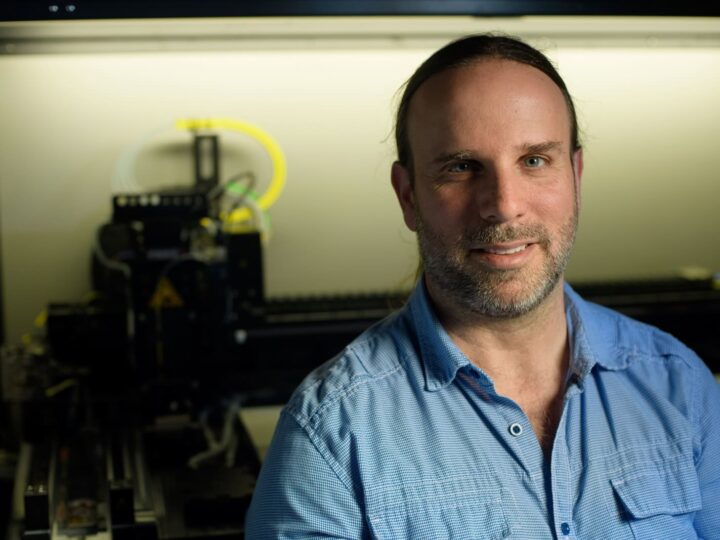A decade-long research project searching for a genetic component in childhood-onset schizophrenia (COS) has revealed a genetic mutation in seven of the 33 children and their families who participated, which may explain the cause of the disease.
The research findings, recently published in Schizophrenia Research, could be used to improve diagnosis and find a specific treatment for COS, a severe and rare form of schizophrenia that emerges before the age of 13. Also, this could help families by providing an explanation for their child’s serious illness and enabling genetic counseling for family members.
Led by Prof. Yoav Kohn, former chief of psychiatry at Hebrew University-Hadassah School of Medicine and director of child and adolescent psychiatry at Eitanim Psychiatric Hospital, the study was conducted on patients at Eitanim and Ness Ziona psychiatric hospitals and Sheba Medical Center. Researchers from the Hebrew University and Columbia University participated.
The role of genetics in schizophrenia is widely studied in the common form of the disease that appears in adolescence or early adulthood. However, it has rarely been examined among young patients with COS. It is estimated that there are about 200 COS cases in Israel.
“Childhood schizophrenia manifests similar to adults including symptoms such as false thoughts, hallucinations, disorganized speech and behavior, in addition to a decrease in motivation and other symptoms. All of these are accompanied by impaired cognitive and behavioral function,” Kohn said,
“Childhood schizophrenia has an even stronger genetic basis than later-onset schizophrenia,” said first author Dr. Anna Alkelai from the Institute for Genomic Medicine at Columbia University.
Because COS is more common among first-degree relatives, the investigators felt it would be easier to find its genetic component than that of adult-onset schizophrenia, where genetic investigation has proven inconclusive.
Kohn said that finding mutations that explain the disease in approximately 20 percent of COS patients is significant enough to have “far-reaching diagnostic and therapeutic possibilities.”
Fighting for Israel's truth
We cover what makes life in Israel so special — it's people. A non-profit organization, ISRAEL21c's team of journalists are committed to telling stories that humanize Israelis and show their positive impact on our world. You can bring these stories to life by making a donation of $6/month.









